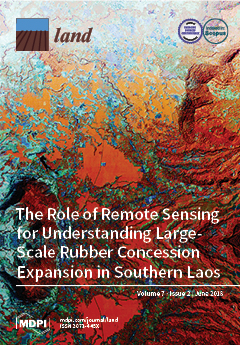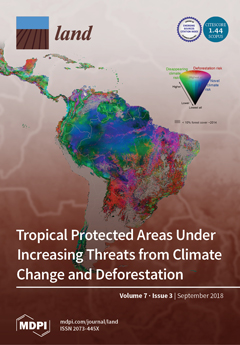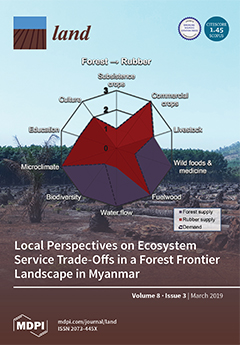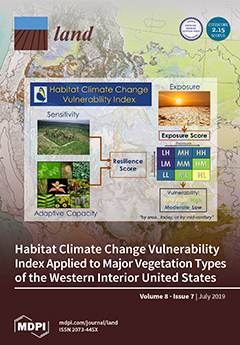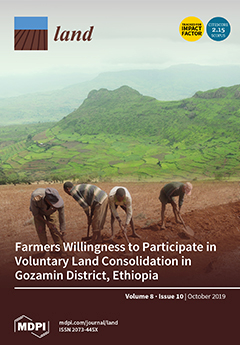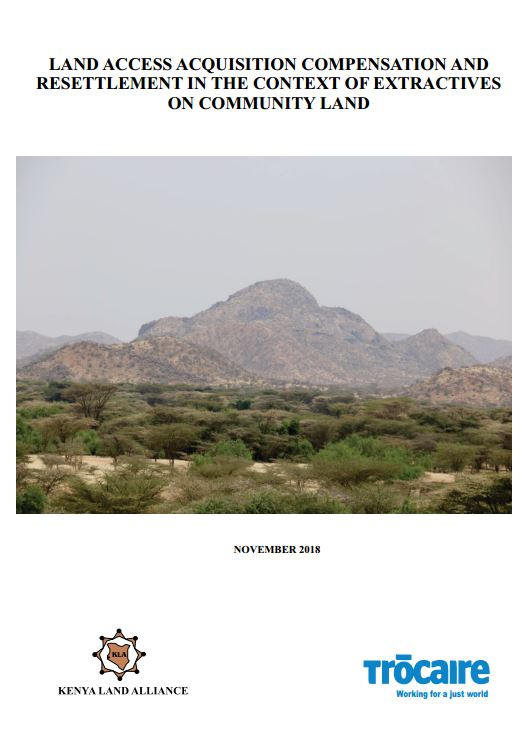Information age government: Success stories of online land records & revenue governance from India : executive summary
The manual systems of maintaining land records in India are as diverse as the country itself. The traditional methods have been changing over the years in each state according to local practices and traditions. The procedure for recording transfer and ownership of lands, shares and inheritance is generally based on a particular Identity number for each plot of land. Revenue assessment and agricultural yield related data are also recorded against that specific identification number.


